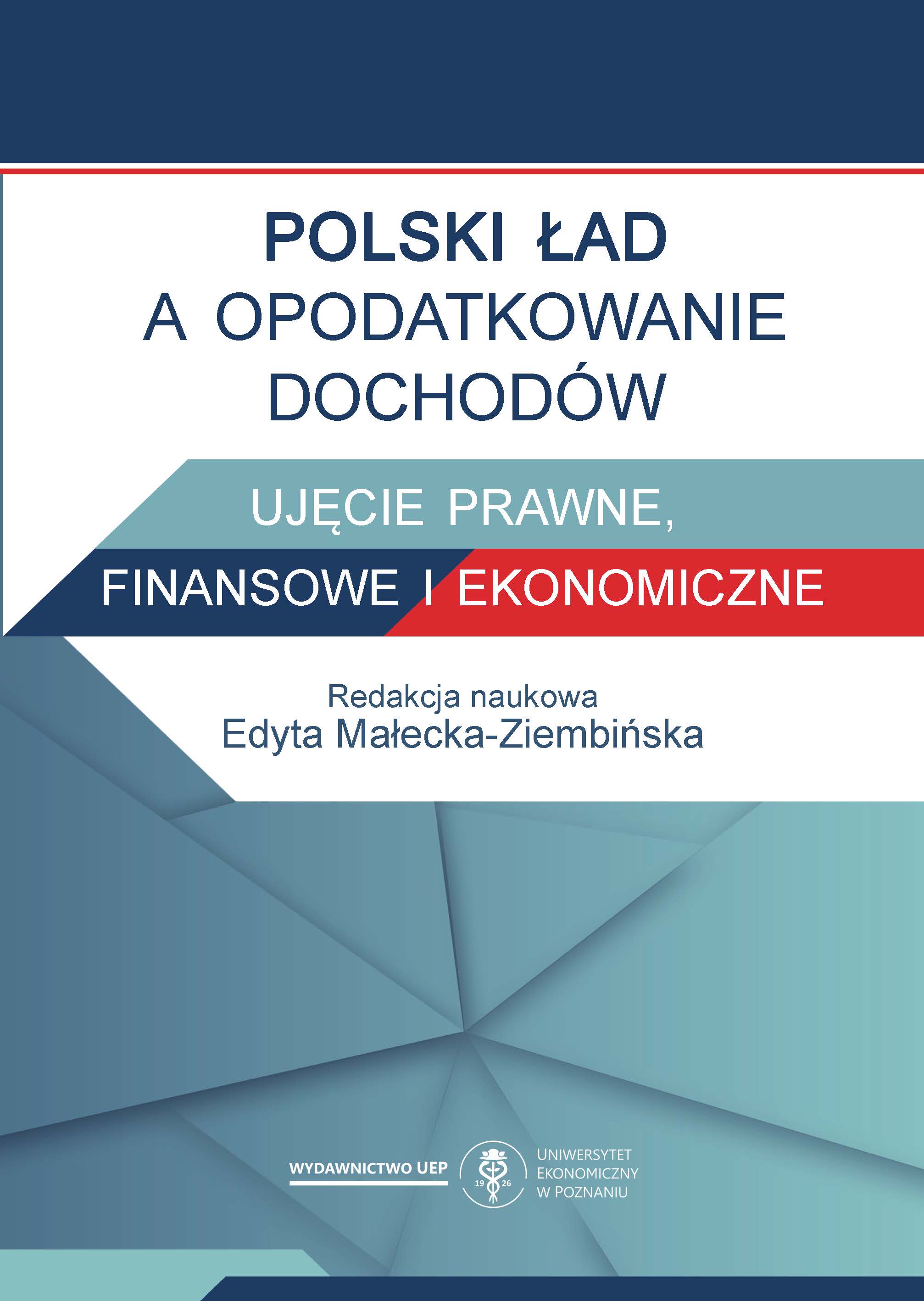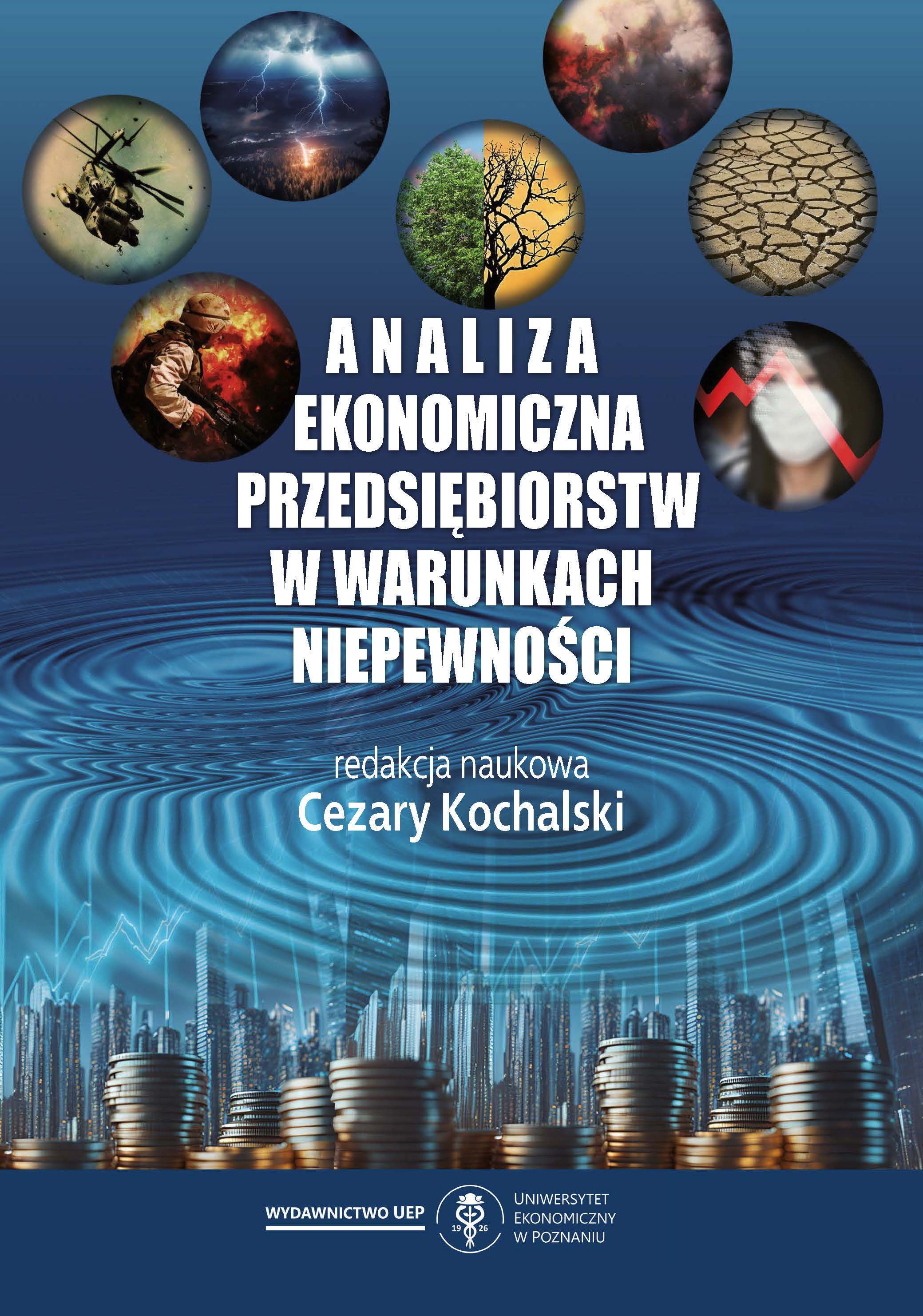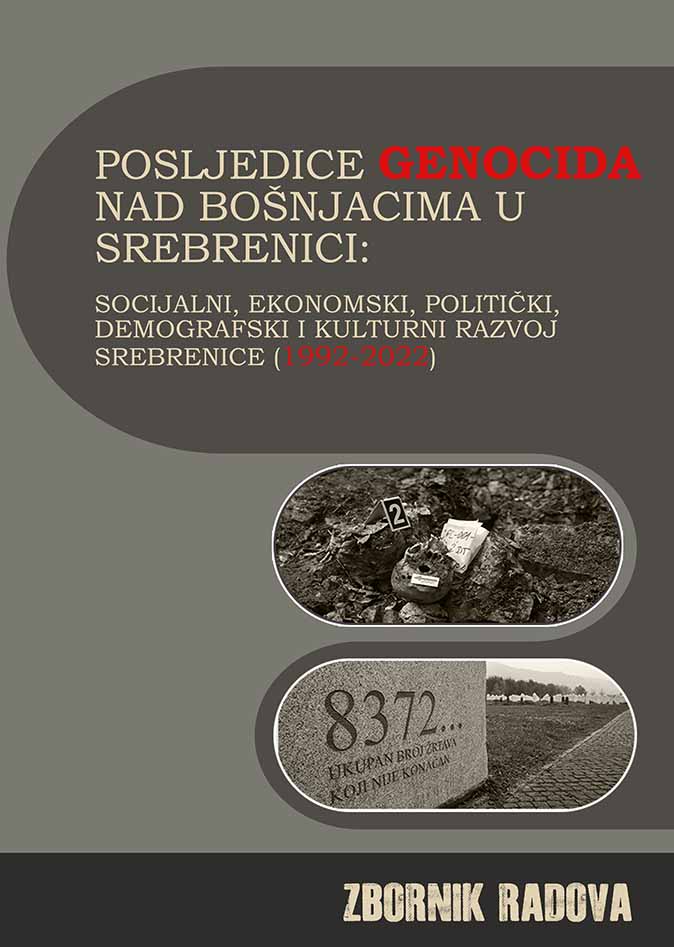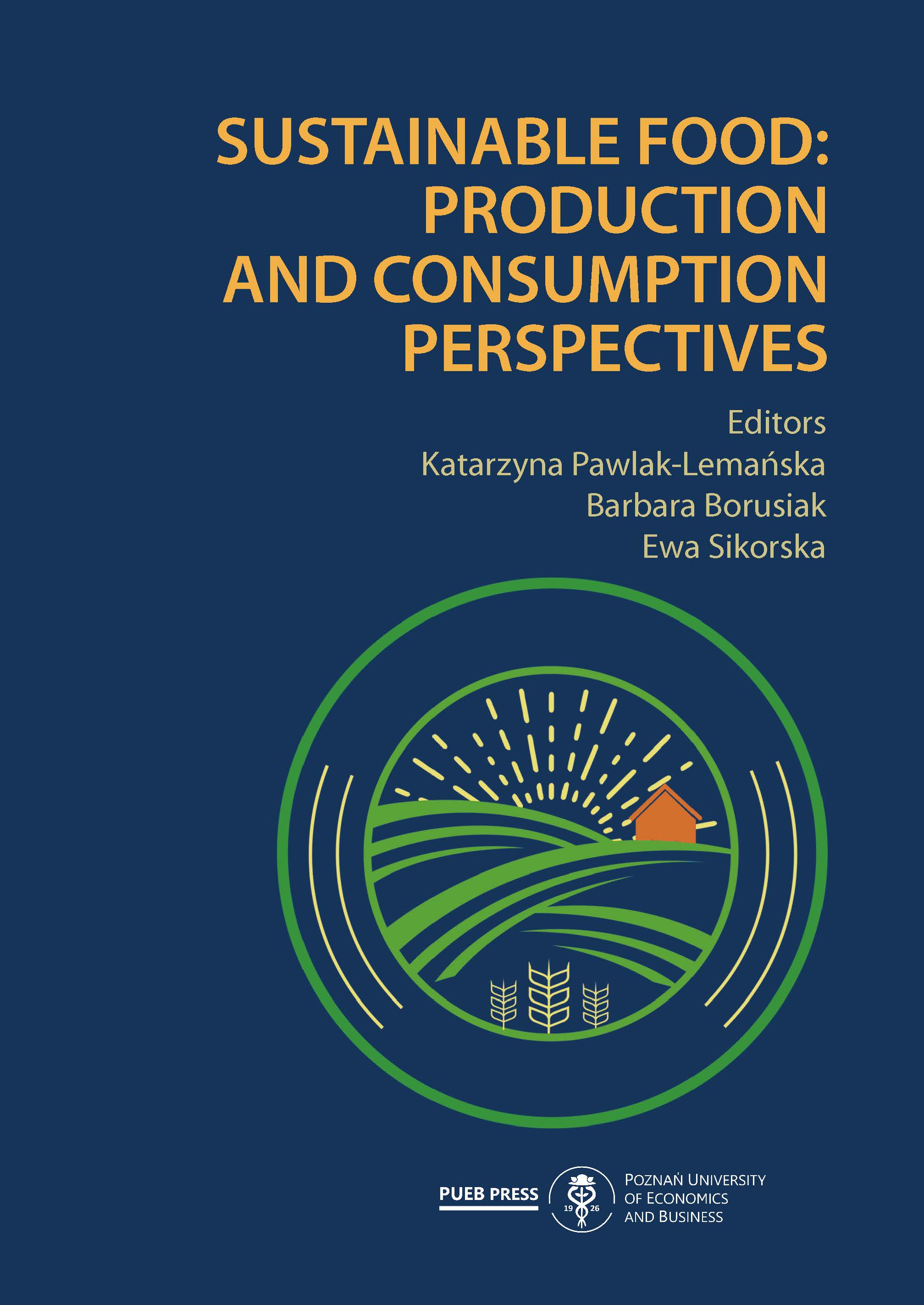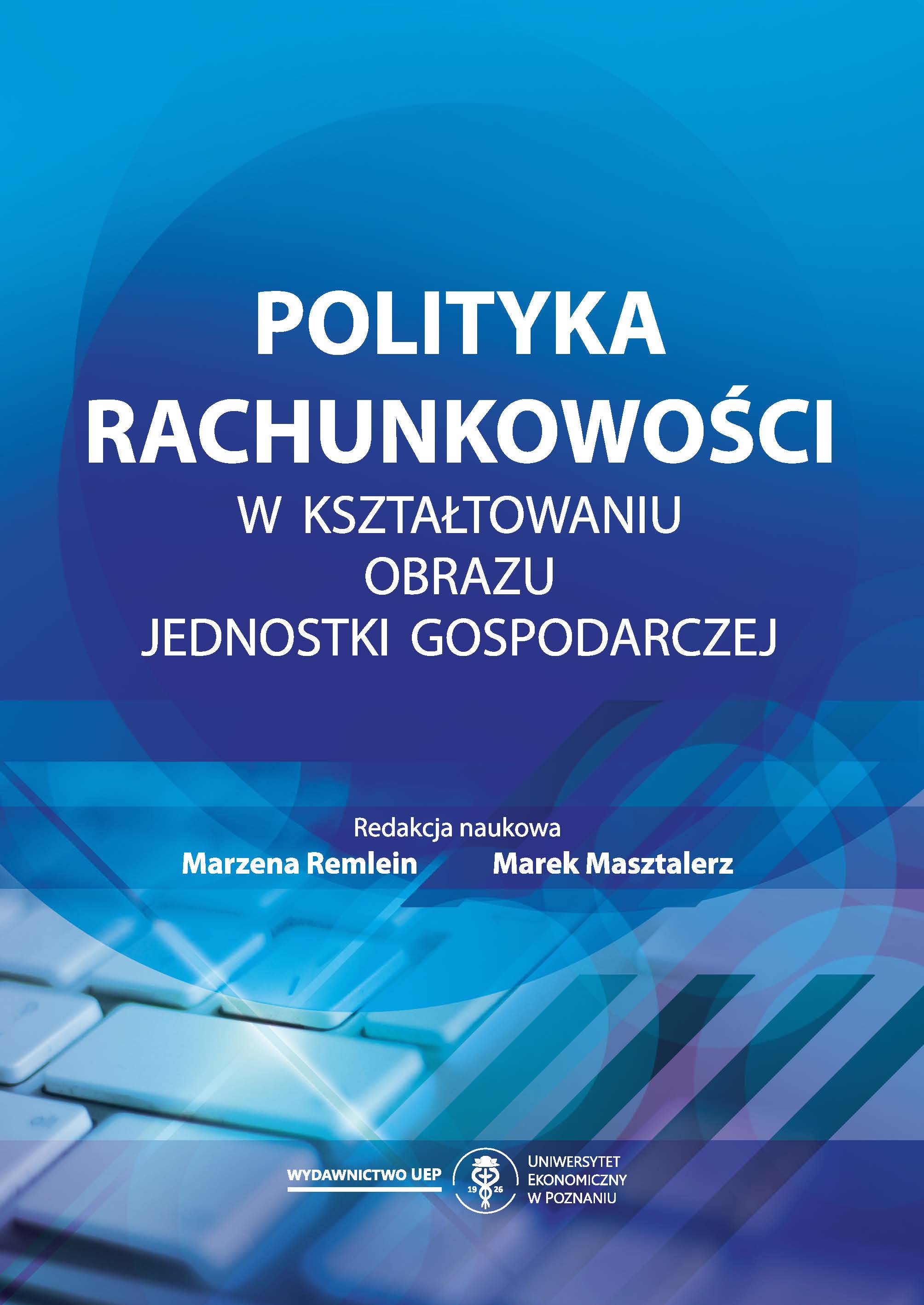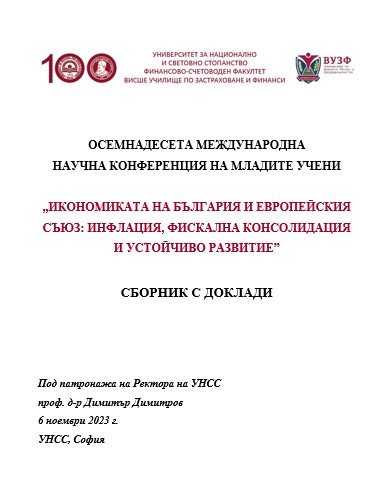
Partycypacja lokatorska jako element zrównoważenia społecznego
Purpose: Identification of the connections between tenant participation in social housing and the theory of social capital and social sustainability. Design/methodology/approach: Critical analysis of Polish and foreign literature on tenant participation, social capital and social sustainability. The authors adapted various concepts of social capital as the theoretical basis. Findings: In the literature on the subject, two meanings of the term social sustainability may be distinguished – the so-called soft application of the term and a more “severe” one, which covers the issues of changing the balance of power and profound social changes. The authors have attempted to delineate the third perspective, putting forward a thesis that the most useful for research on social housing is Coleman’s concept of social capital, where social capital is related to the capital of an individual. In studies on the housing environment in the social housing stock, it is necessary to identify the social capital of residents in the context of the environment, i.e. housing estates, by examining the level of participation of tenants in the decision-making process. Originality and value: The concepts of tenant participation, social capital and social sustainability are frequent subjects of research. However, these terms are rarely combined, which determines the originality of the proposed approach. The study is of practical importance in relation to social housing, since increasing the social capital of tenants through their participation in the decision-making process is one of the steps towards overcoming the impasse in the field of social sustainability.
More...

